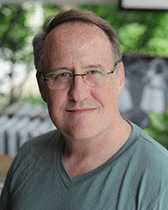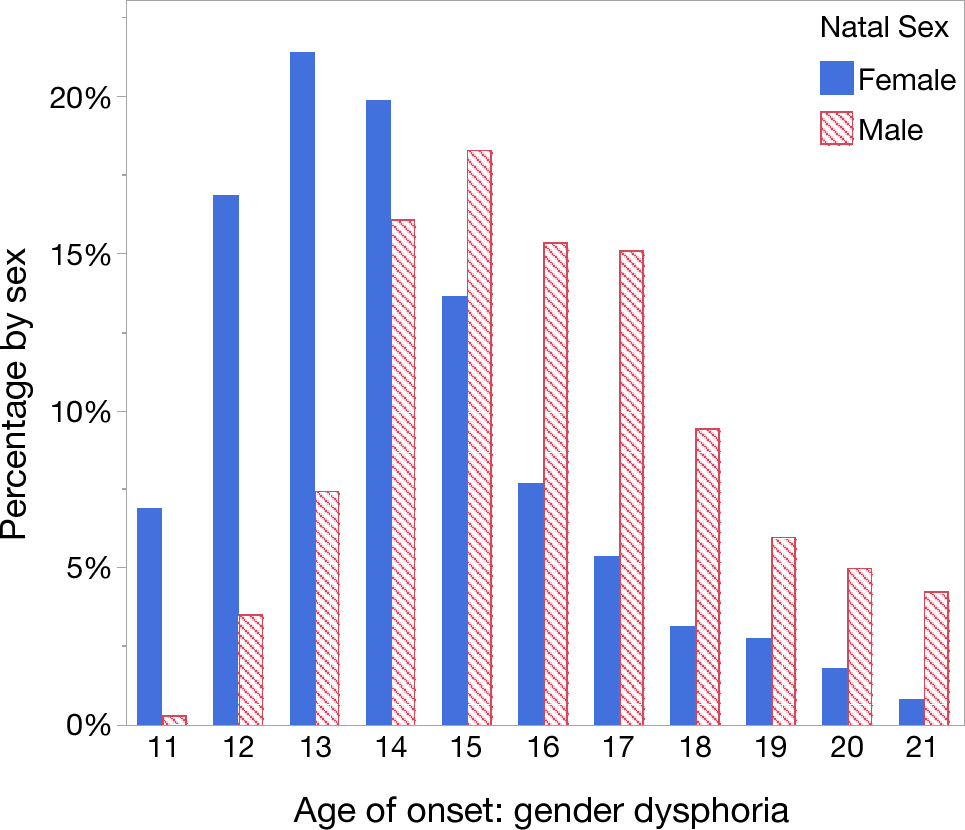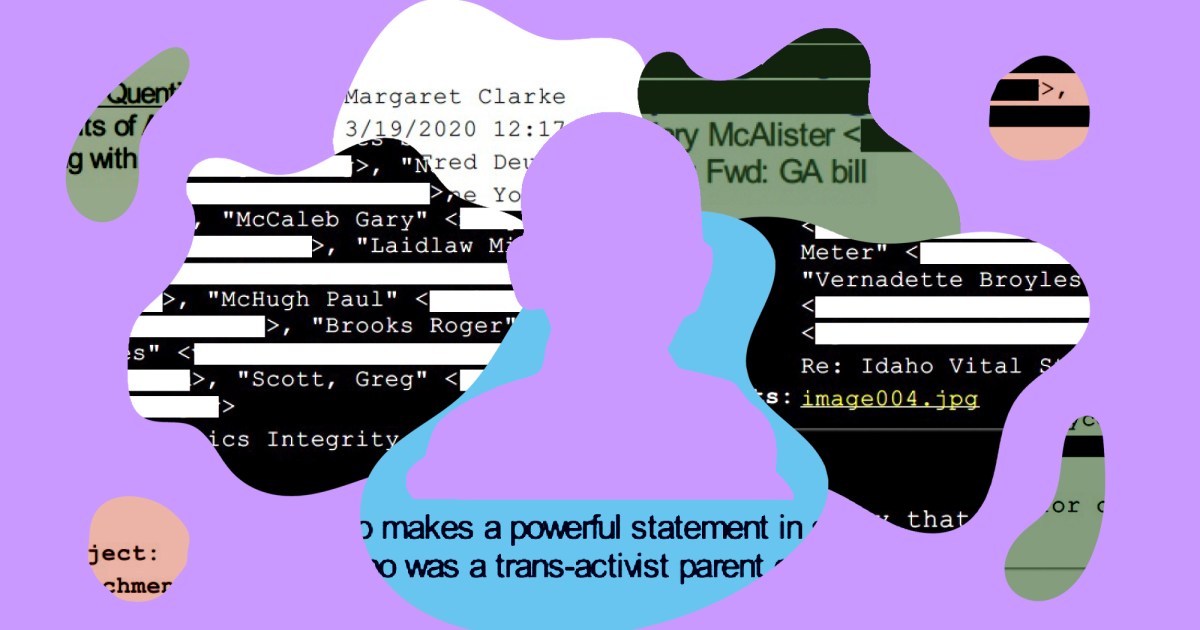Achille, C., Taggart, T., Eaton, N. R., Osipoff, J., Tafuri, K., Lane, A., & Wilson, T. A. (2020). Longitudinal impact of gender-affirming endocrine intervention on the mental health and well-being of transgender youths: preliminary results. International Journal of Pediatric Endocrinology, 2020(1), 1-5.
Allen, L. R., Watson, L. B., Egan, A. M., & Moser, C. N. (2019). Suicidality and well-being among transgender youth after gender-affirming medical interventions. Clinical Practice in Pediatric Psychology.
Cantu, A. L., Moyer, D. N., Connelly, K. J., & Holley, A. L. (2020). Changes in anxiety and depression from intake to first follow-up among transgender youth in a pediatric endocrinology clinic. Transgender Health, 5(3), 196-200.
Chew, D., Anderson, J., Williams, K., May, T., & Pang, K. (2018). Hormonal treatment in young people with gender dysphoria: a systematic review. Pediatrics, 141(4).
Costa, R., Dunsford, M., Skagerberg, E., Holt, V., Carmichael, P., & Colizzi, M. (2015). Psychological support, puberty suppression, and psychosocial functioning in adolescents with gender dysphoria. The journal of sexual medicine, 12(11), 2206-2214.
De Vries, A. L., McGuire, J. K., Steensma, T. D., Wagenaar, E. C., Doreleijers, T. A., & Cohen-Kettenis, P. T. (2014). Young adult psychological outcome after puberty suppression and gender reassignment. Pediatrics, 134(4), 696-704.
De Vries, A. L., Steensma, T. D., Doreleijers, T. A., & Cohen‐Kettenis, P. T. (2011). Puberty suppression in adolescents with gender identity disorder: A prospective follow‐up study. The journal of sexual medicine, 8(8), 2276-2283.
Kuper, L. E., Stewart, S., Preston, S., Lau, M., & Lopez, X. (2020). Body dissatisfaction and mental health outcomes of youth on gender-affirming hormone therapy. Pediatrics, 145(4).
Olson, K. R., Durwood, L., DeMeules, M., & McLaughlin, K. A. (2016). Mental health of transgender children who are supported in their identities. Pediatrics, 137(3).
Sorbara, J. C., Chiniara, L. N., Thompson, S., & Palmert, M. R. (2020). Mental health and timing of gender-affirming care. Pediatrics, 146(4).
Tordoff, D. M., Wanta, J. W., Collin, A., Stepney, C., Inwards-Breland, D. J., & Ahrens, K. (2022). Mental health outcomes in transgender and nonbinary youths receiving gender-affirming care. JAMA network open, 5(2), e220978-e220978.
White Hughto, J. M., & Reisner, S. L. (2016). A systematic review of the effects of hormone therapy on psychological functioning and quality of life in transgender individuals. Transgender health, 1(1), 21-31.
A reading list! There was more, but this is a good place to start digging into the literature.

 retractionwatch.com
retractionwatch.com

 link.springer.com
link.springer.com

 retractionwatch.com
retractionwatch.com


